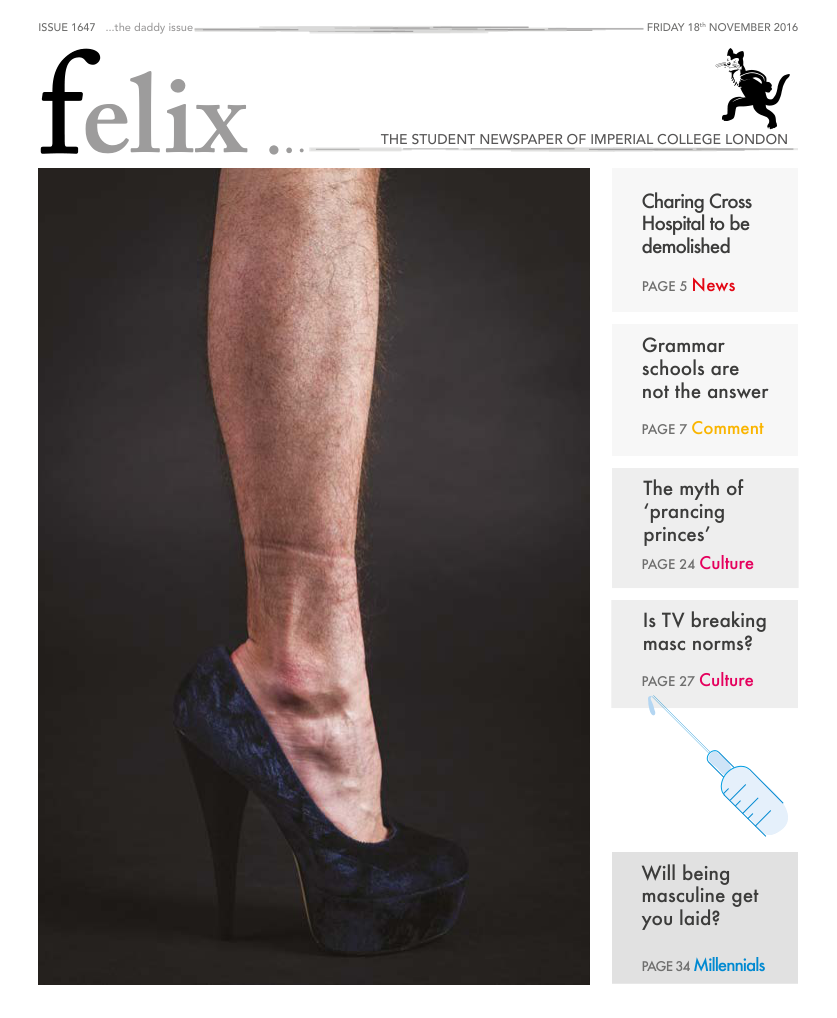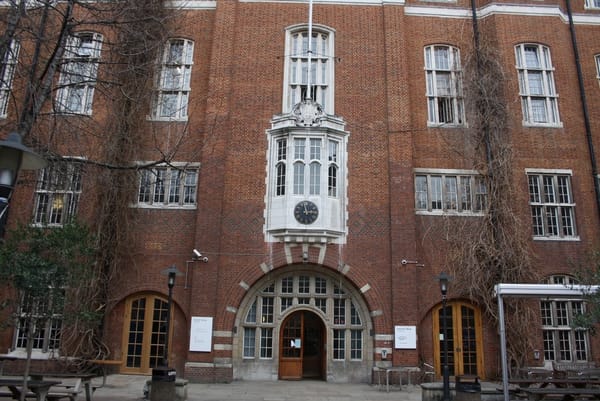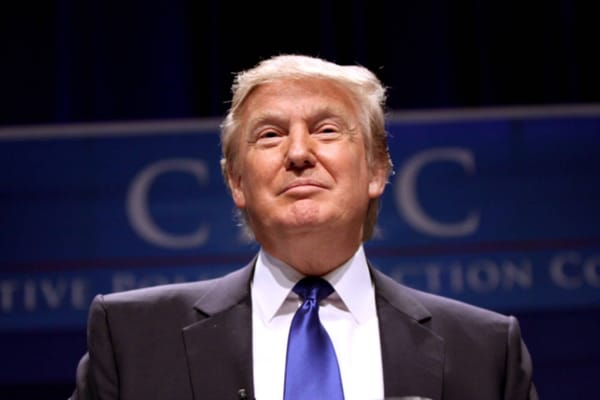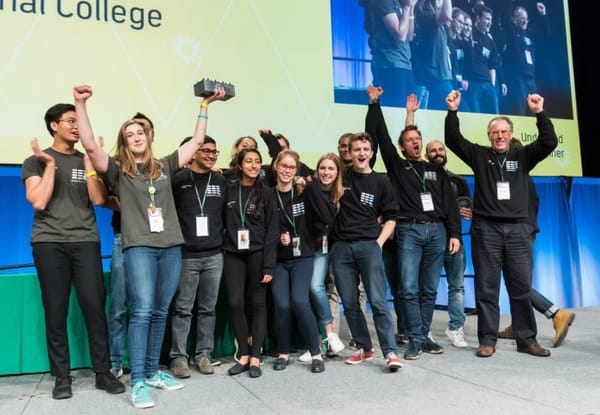The US Election, a week on
felix gets out and about for your reactions too
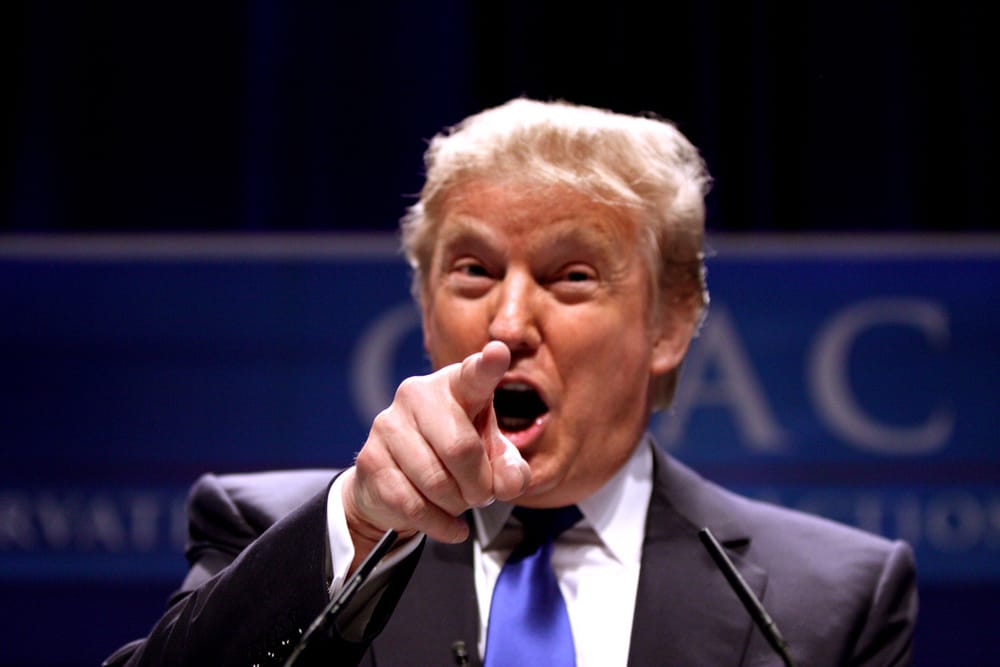
It’s been about a week and a half since the U.S. election was held. By now, most of the world seems to know that Donald Trump is the president-elect of the United States. What isn’t as clear, however, is how much he will scale back from his hateful rhetoric and proposed policies during his year-and-a-half long campaign.
Trump has revealed a lot since his victory, some of which was aired in a 60 Minutes interview with Leslie Stahl on American TV Sunday night.
But even with Trump’s surprising victory, some Imperial students aren’t shocked – because they haven’t been following along.
“There have been a lot of pages in the news about it, but I’ve been studying and trying to get in publications and papers,” said Caner Sahim, a 27-year-old PH.D. student studying electronics. David O’Reilly, a 21-year-old student in his fourth year of chemistry, has also been uninterested. “I don’t follow politics at all,” he said. “I’ve just never really been interested … I really like reading, specifically the fiction genre.”
One idea many devastated Americans have had is to move to Canada because of Trump’s victory. Alexis Boutin, however, doesn’t think that will work as well as some people think. “To be honest, I see all these people moving to Canada, but it’s such a different country than the United States,” said Boutin, a 23 year-old Canadian studying finance and accounting. It also isn’t as easy as Americans think to just move north. The Washington Post, an American newspaper based in the nation’s capital, reported that Americans will still need a permanent resident’s visa in order to move past the Canadian border. In other words: No visa, no entry. Despite some students’ lack of interest in the election, others have been following more closely, including Ethan Butler, 27-year-old PH.D. student in Chemical Engineering who is originally from Connecticut. Butler said that just like during the election, it’s unclear what will happen during the next couple of months.
I don’t follow politics at all. I’ve just never really been interested. I really like reading, specifically the fiction genre
“One of the things about this [election] specifically is that with all these reporters reporting on this, nobody knows,” he said. O’Reilly added that although he didn’t follow the election, he was surprised that Trump won. “I didn’t think he would get that far,” he said. “I guess it just reminds me of this quote, ‘Don’t underestimate the power of stupid people in large groups.’” Much of the United States’ election has been front-page news in newspapers across England, especially leading up to Election Day. Butler, who said he voted for Clinton, talked to numerous British people about the election. “It’s a mix,” Butler said about British people’s reaction to the news. “I think a majority of people understand that crazy things happen in our government that Americans don’t have control over.” Some, however, “confuse Americans with American policy,” he added. Marta Wolinska, an 18-year-old ‘freshman’ studying material science, said she saw many similarities between recent elections in her home country Poland, Brexit, and the U.S. election. “I think it’s quite sad because I feel like there’s this type of voter who votes for those who show the most hope, even if it’s misplaced,” she said. Reports in American newspapers indicate that Trump did rally lower-class communities in rural areas throughout the United States. Wolinska said, however, that the issue is that politicians tend to not follow through on their promises. “People are going to say they will make this amazing world, and they don’t,” she said. It’s unclear how much Trump will deviate from some of his most radical policy proposals during the campaign. His most notable one, perhaps, was his plan to build a wall along the southern border between Mexico and the states. But in the 60 Minutes interview on Sunday, he conceded that some sections of the wall may need to be a fence. He also said he might not completely appeal Obamacare – rather, that he would eliminate parts of it and keep clauses involving those with pre-existing conditions. And ultimately, despite Trump’s victory, not every Imperial student is fearing the worst. “It’s not going to be just Trump making decisions,” Boutin said. “He may have been controversial during the campaign, but he’s going to have to get everything approved… Congress may not like what he does.”

